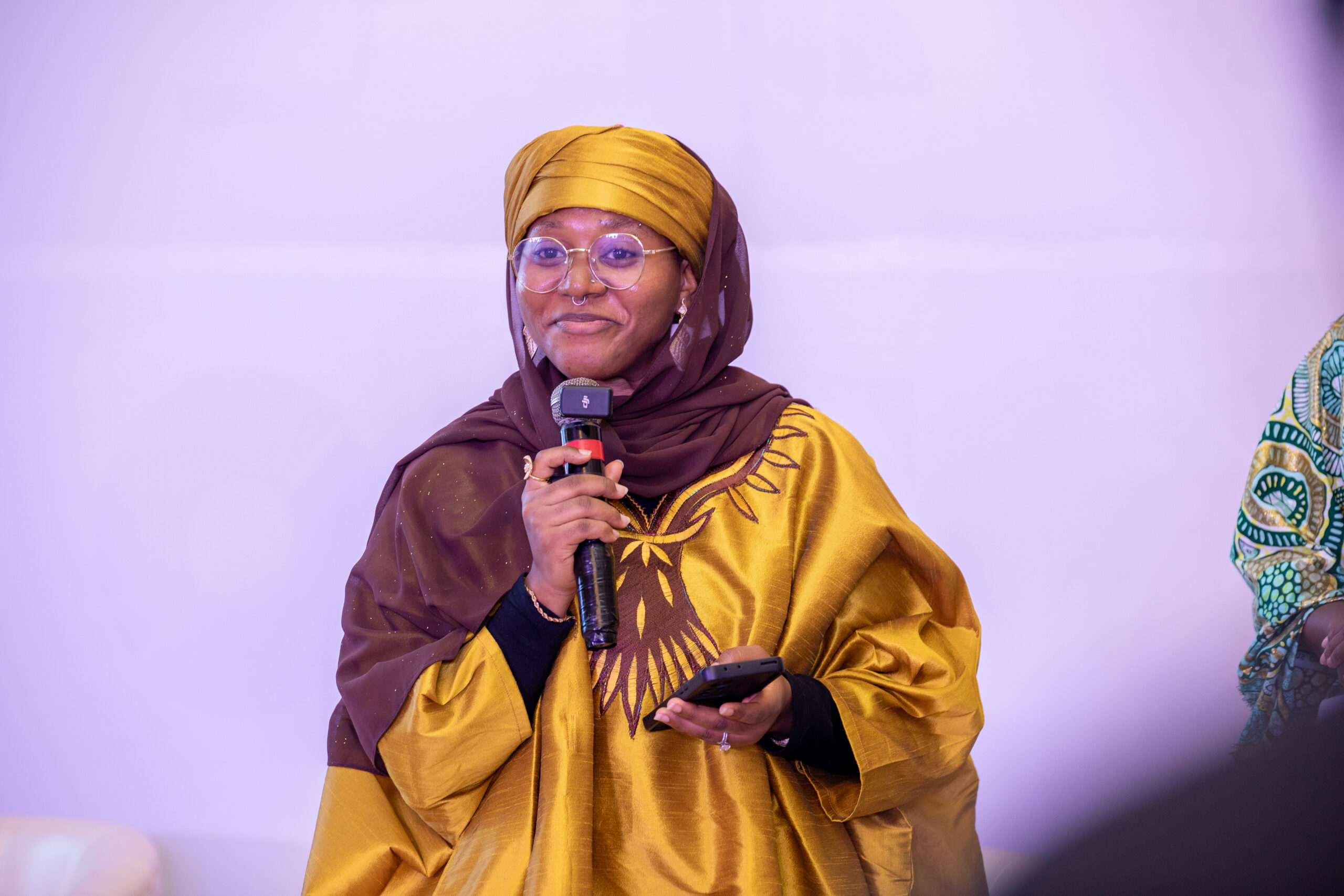
This week, Nobel Laureate and Malala Fund co-founder Malala Yousafzai arrived in Nigeria alongside Malala Fund board members, Malala Fund CEO Lena Alfi, and her father and co-founder Ziauddin Yousafzai to advance Malala Fund’s core priorities. In Abuja, the girl’s education activist spent a full day listening, learning, and lifting up the voices of girls.
The day brought together three powerful moments, each reflecting the partnerships, creativity, and leadership needed to transform education for Nigerian girls.
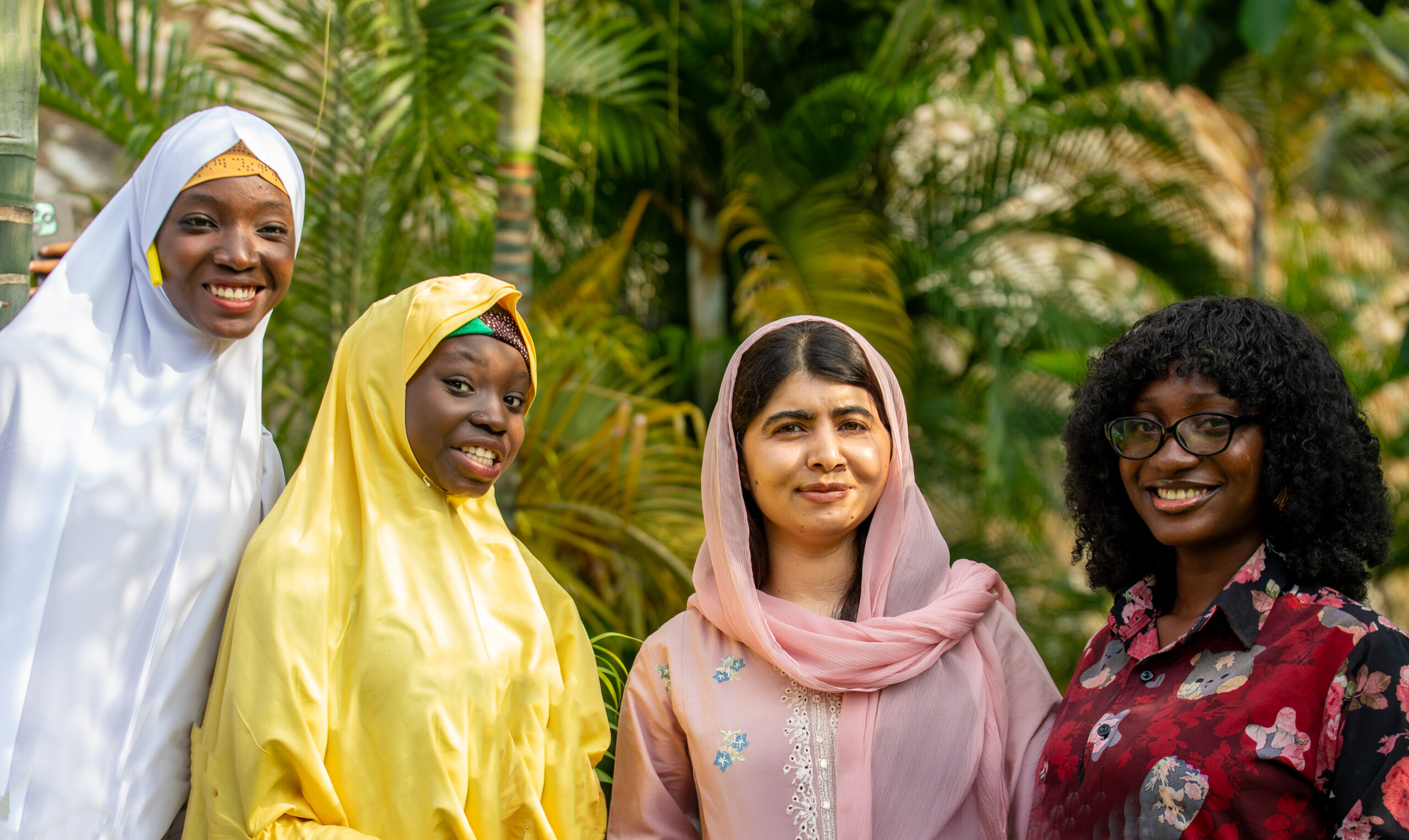 Lunch with Education Champions
Lunch with Education Champions
Malala began her day meeting with Malala Fund partners and advocates who are working on the frontlines of change. They shared stories of progress and challenges, from fighting child marriage to pushing for more education financing that truly meets girl’s needs.
One partner captured the spirit of their work:
“In Kaduna, one of our girls told the governor, ‘I have had the chance to go to school ,what about those coming after me?’ That moment pushed the state to declare free education for every girl. Now we are working to make sure that promise is written into law. It shows the power of girls’ voices to drive policy change.” Habiba Muhammed , Malala Fund Education Champion and Executive Director, Centre for Girls Education (CGE)
Malala Fund partners are carrying this momentum forward in six states, Adamawa, Bauchi, Borno, Kaduna, Kano and Oyo, tackling barriers like child marriage, adolescent pregnancy and insufficient education financing. To date, Malala Fund has invested more than $9 million in Nigeria, and earlier this year, Malala Fund launched a new global strategy that prioritises Nigeria as a focal country. The focus is clear: using education as a solution to end child marriage, ensuring married and pregnant girls can return to and finish school, and advocating for increased education financing.
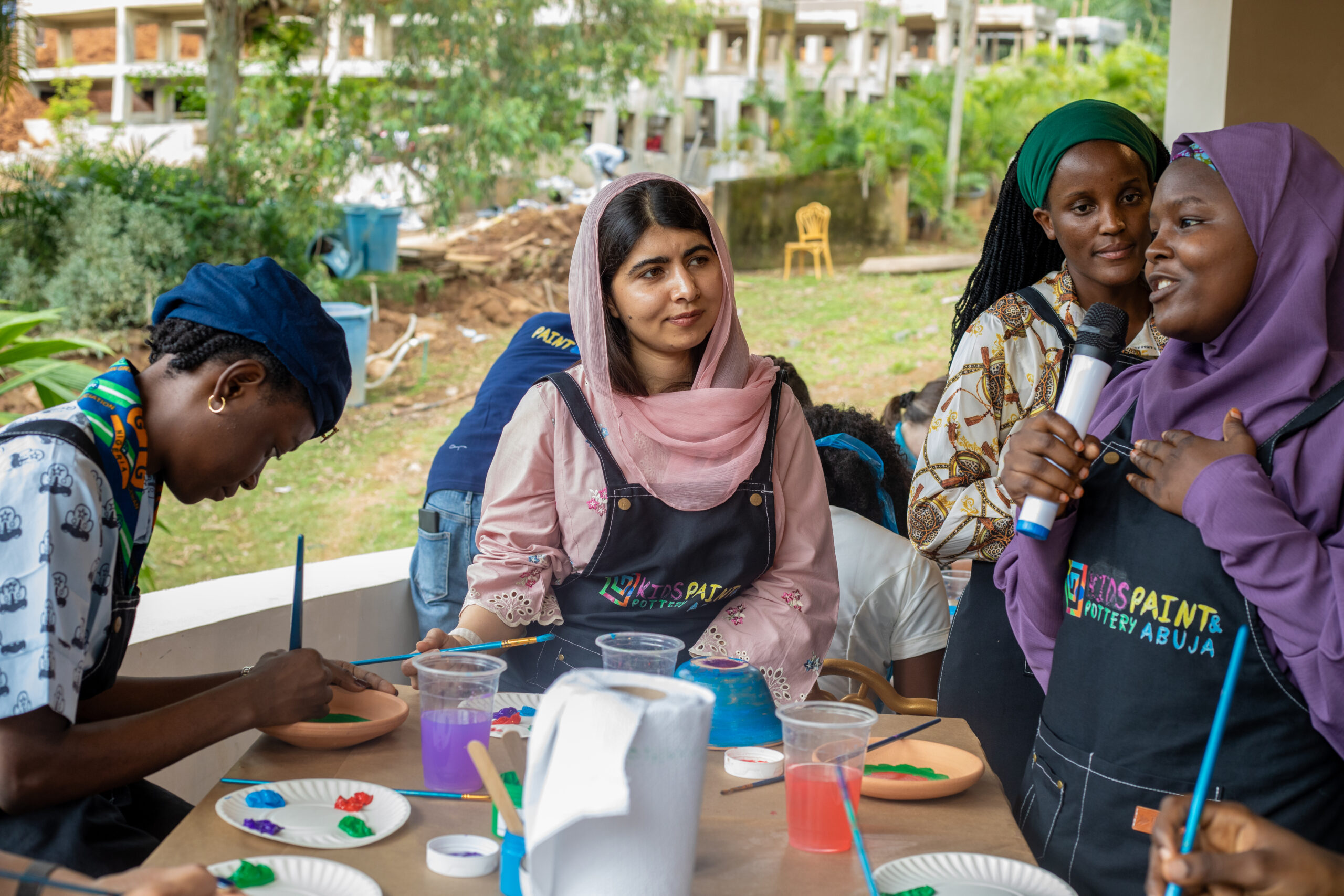
Pottery with young girls
Later, she joined a group of young girls for a pottery session, shaping clay together as they shared their dreams for the future. The girls spoke openly about the barriers that keep many of their peers out of school, from economic hardship to early marriage. But they also made clear what they are demanding: a seat at the decision-making table, where policies that affect their lives are shaped.
One girl put it simply:
“I want every girl to be given the chance to dream ‘to dream big’ and to actually achieve those dreams. That’s my biggest dream right now. For Nigeria, it’s not enough to just say girls should dream big. We need policies that support us to do so, and we need those policies to be implemented. I see a Nigeria where girls are not just allowed to dream, but are supported to make those dreams real.” – Halima Yusuf, Former Malala Fund Girl Fellow, 25
The session was a powerful reminder that listening to girls is not optional, it is essential. Their ideas and demands must shape the policies and investments that determine their futures.
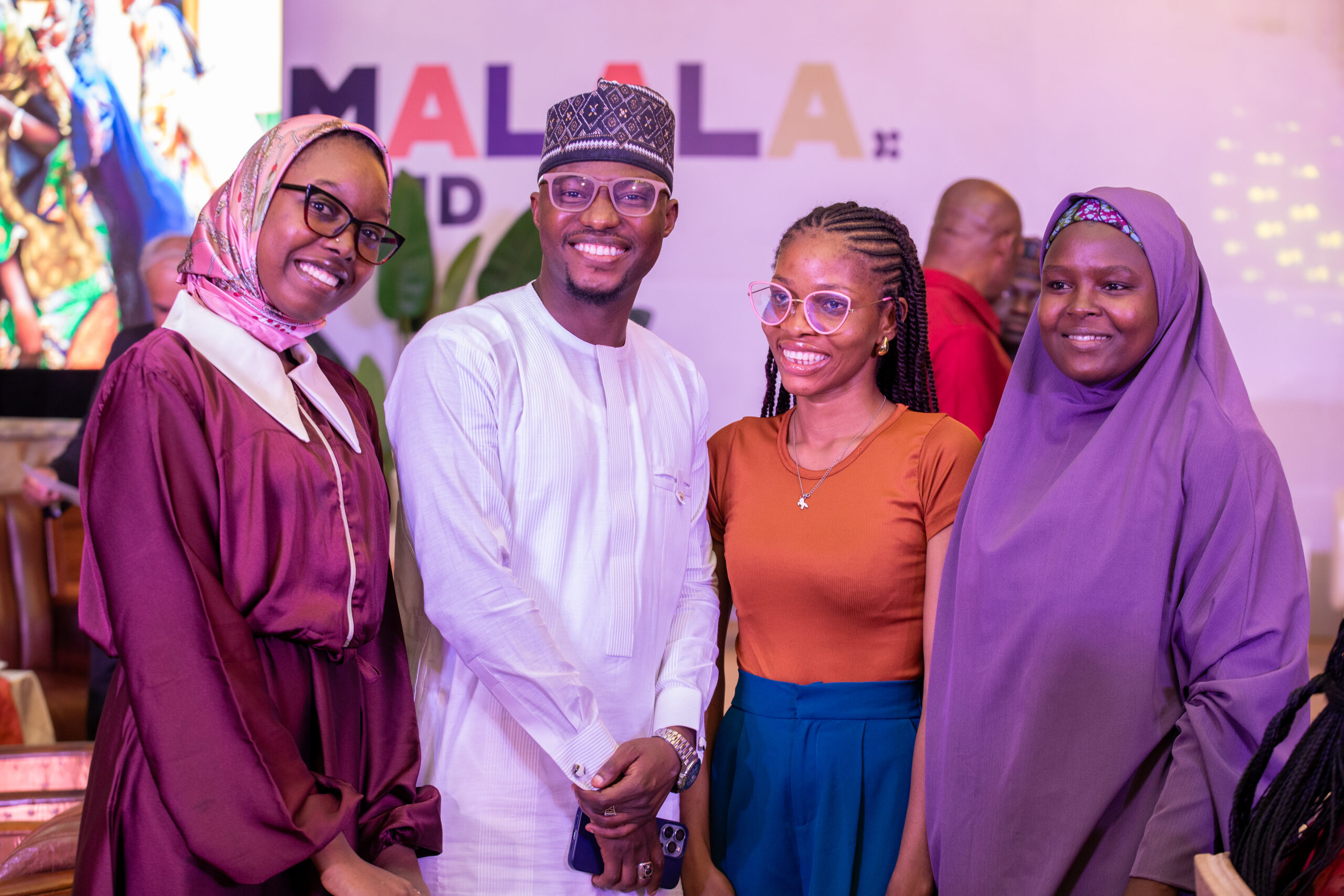 Dinner with key stakeholders.
Dinner with key stakeholders.
In the evening, Malala sat down with major stakeholders, including the Honorable Minister of Women Affairs, Hajiya Imaan Sulaiman-Ibrahim and the Honorable Minister of State for Education, Prof. Suwaiba Sa’idu Ahmad alongside Malala Fund’s Nigeria Chief Executive Nabila Aguele, civil society leaders and community advocates. The dinner focused on how the government and partners can act together to ensure every girl in Nigeria can access and complete 12 years of education.
“I feel so privileged that I am in the company of these incredible people who are leading this work. I met the girls, I met the education activists here in Nigeria and I am more determined than ever that change is possible.
We will see it happen in our lifetime when every girl in Nigeria will be able to have her right to a complete and quality education. Now it requires more collaboration from all stakeholders including ministers and government officials to ensure that these policies are implemented.
To also ensure there is financing for it so that we can see the real change happen on the ground,” – Malala Yousafzai, co-founder Malala Fund, Nigeria
During the dinner, Hauwa Ojeifo, founder of She Writes Woman, also announced a $500,000 investment in Malala Fund, a powerful show of solidarity to scale the work ahead. It was a moment to move from dialogue to action, underscoring that commitments made around the table must translate into real resources, policies and accountability. Everyone, including government and civil society, must work hand-in-hand to deliver lasting change for girls and make sure they complete 12 years of education.
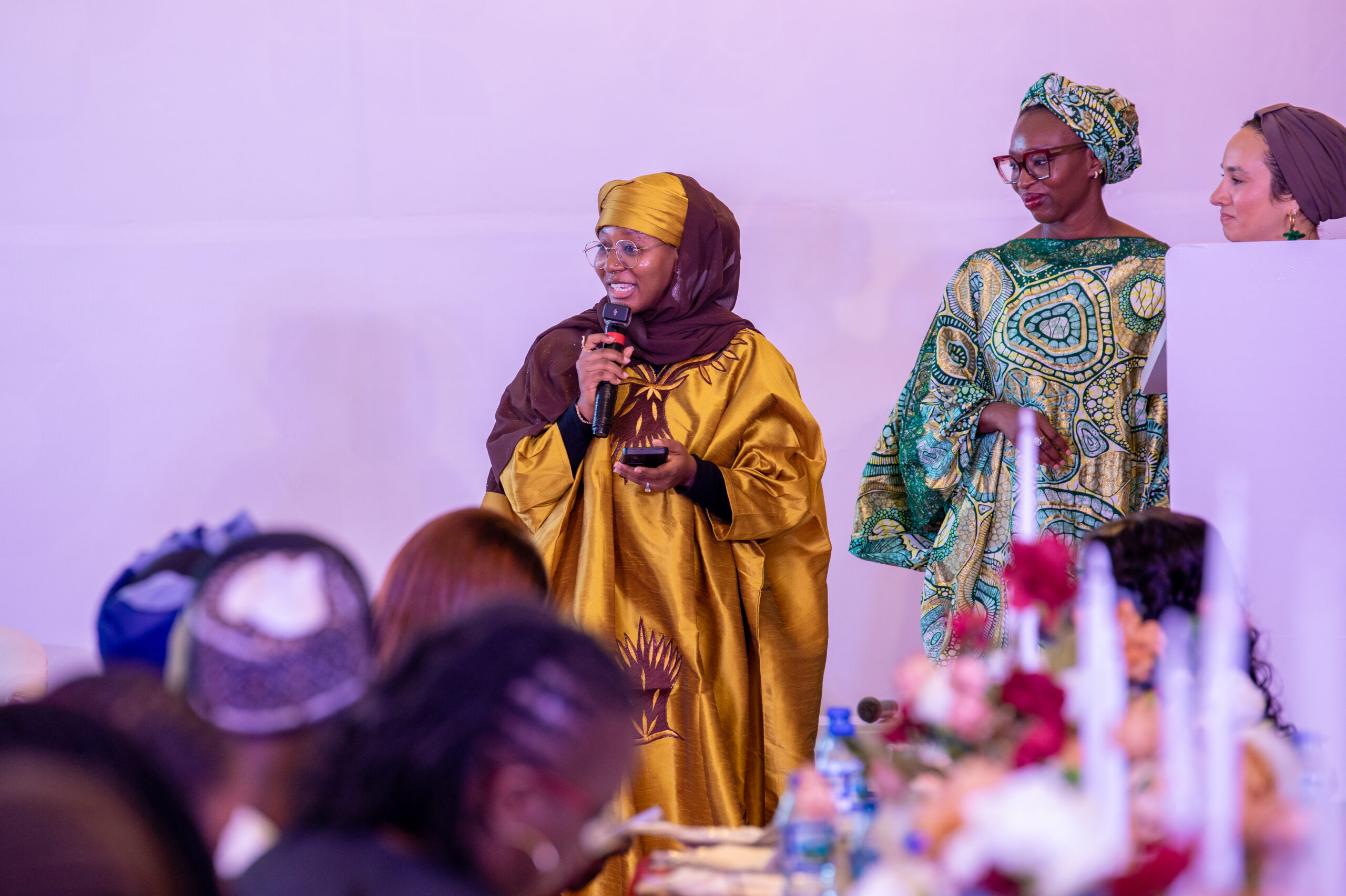
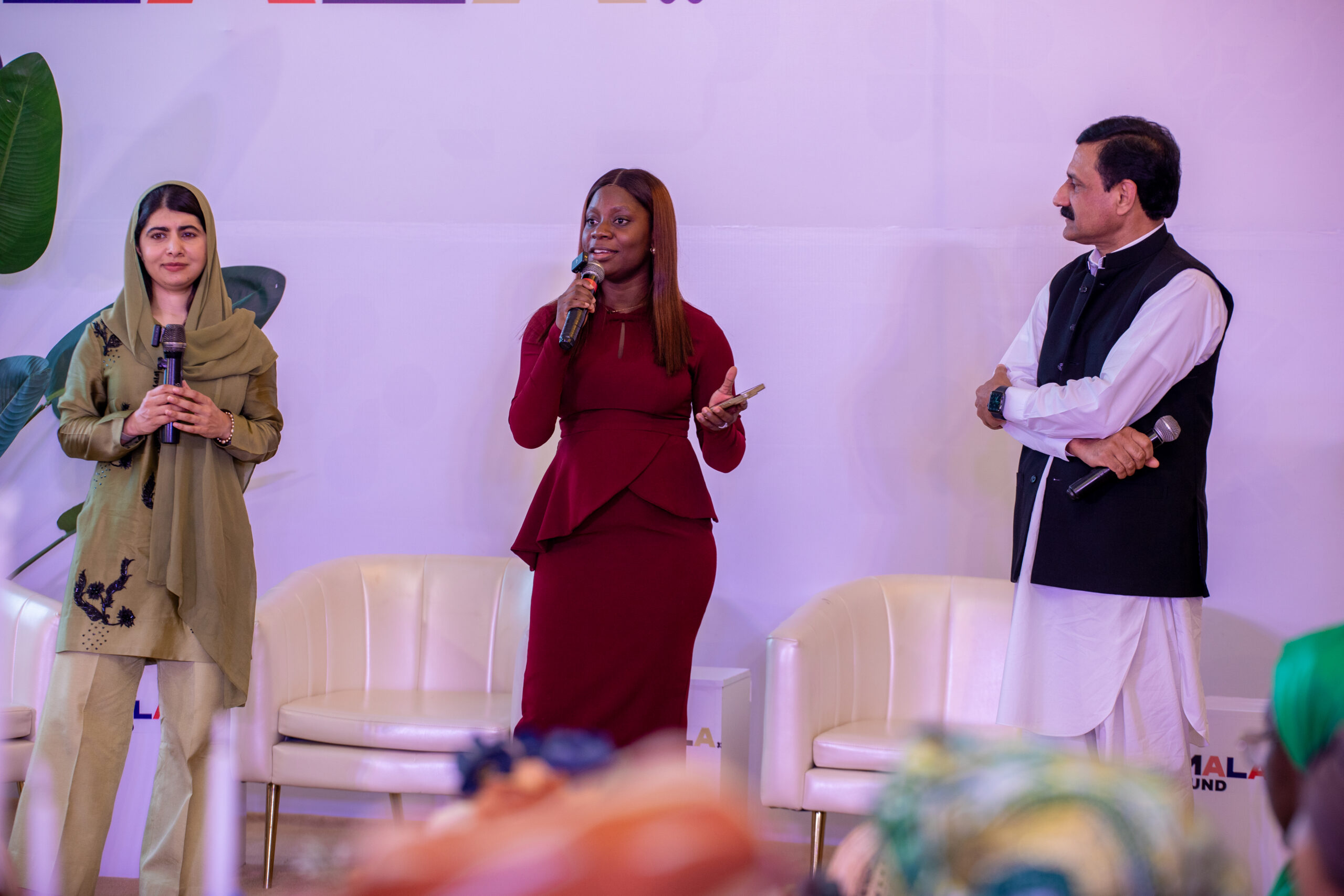
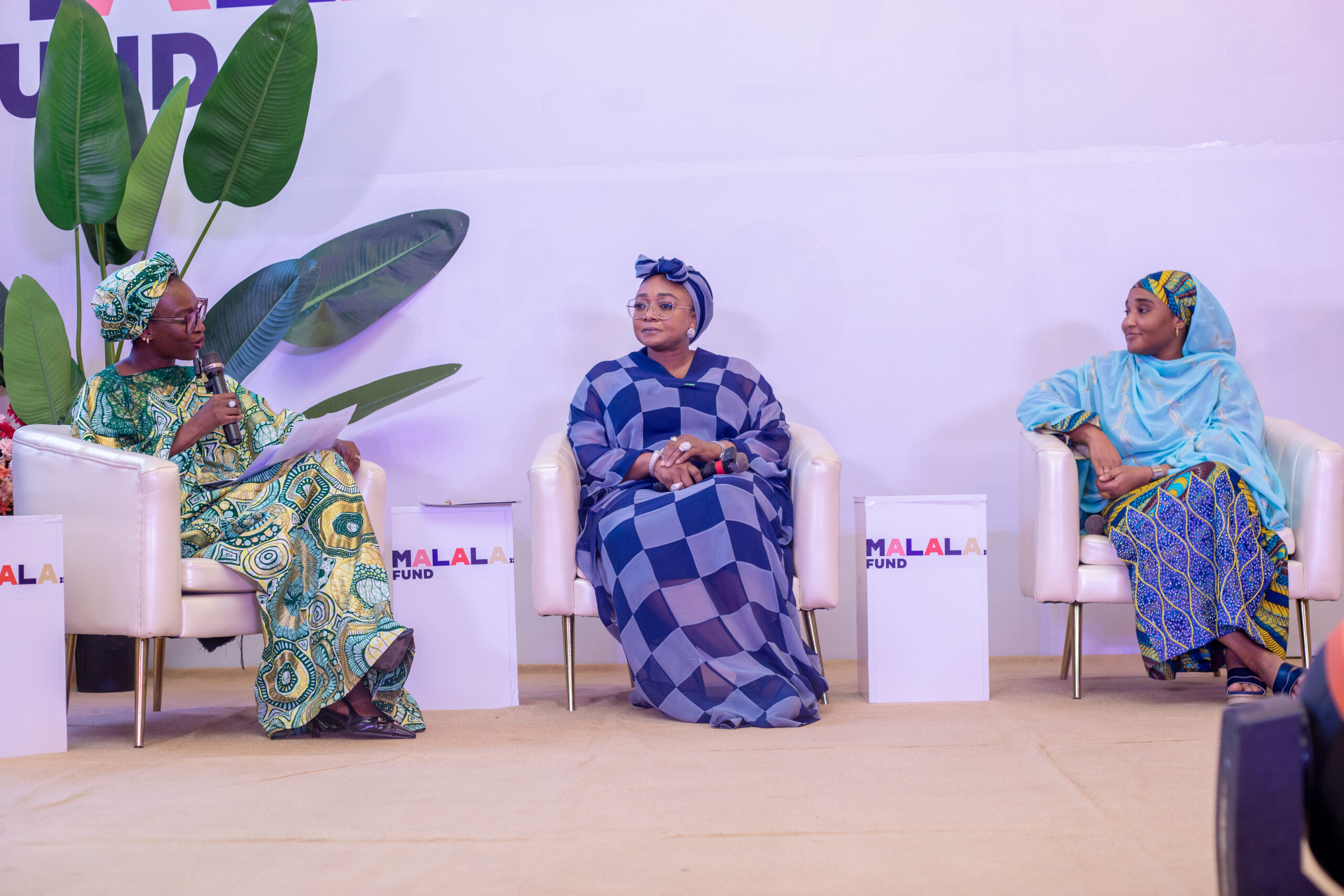
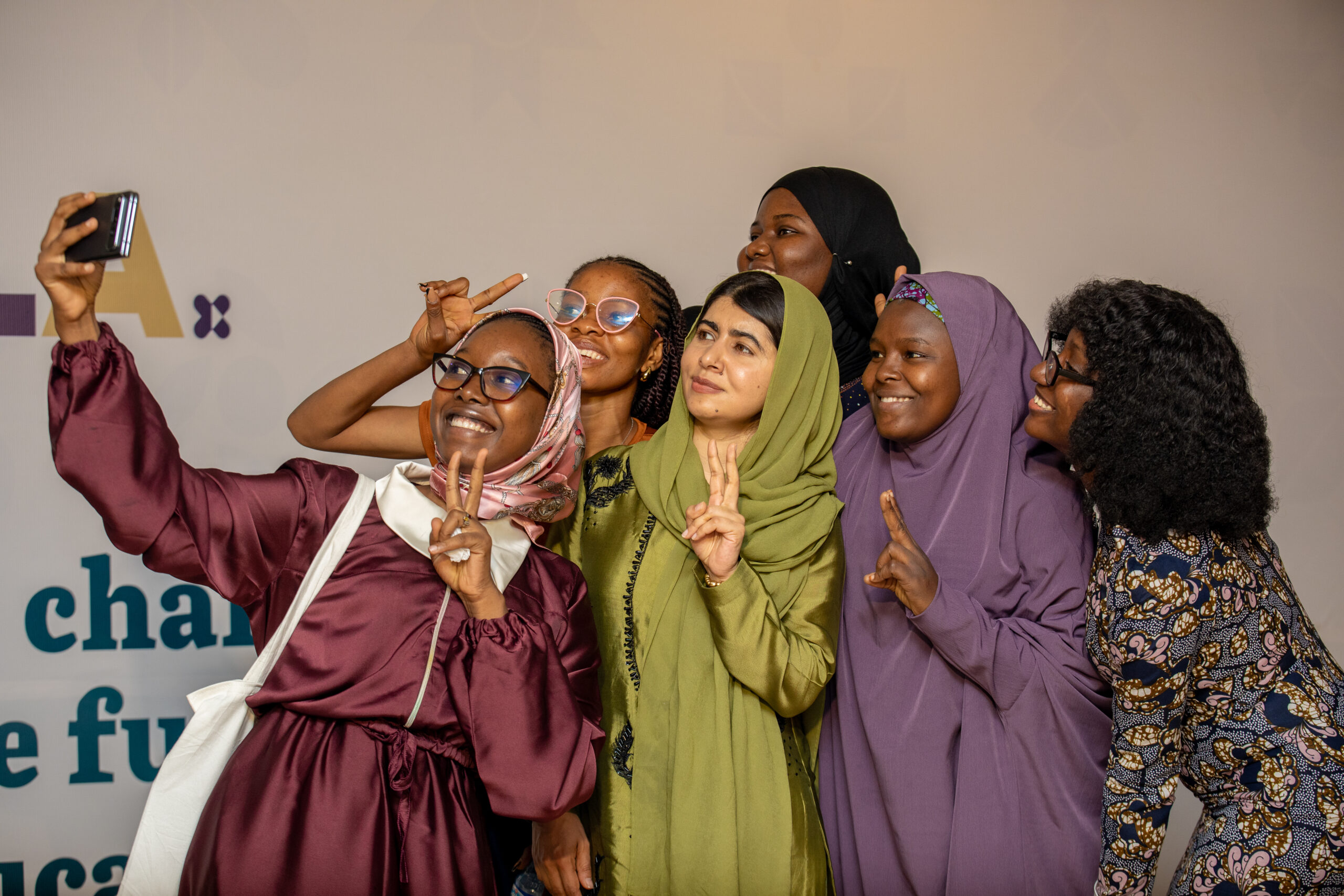
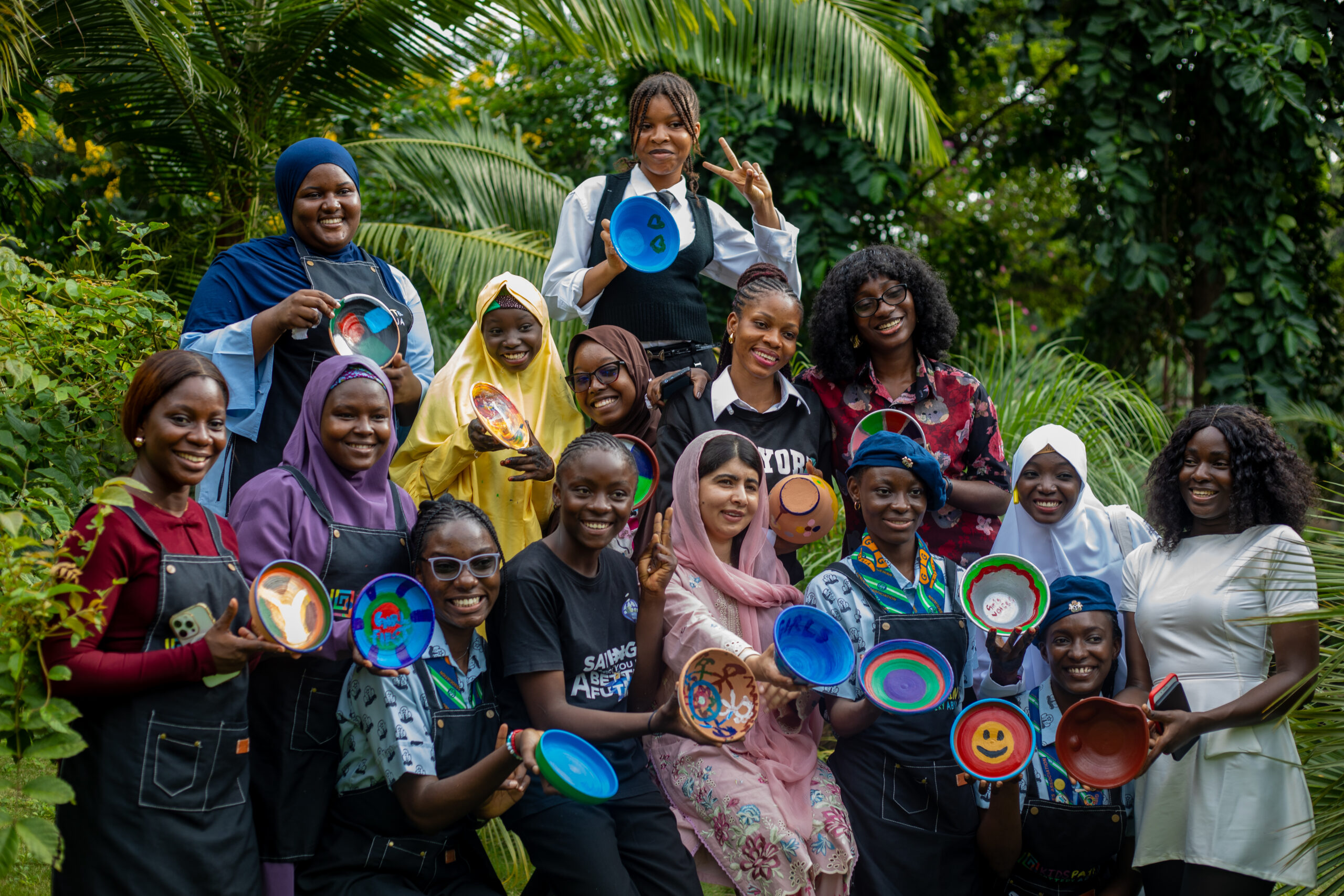
This content has been published for free as part of BellaNaija.com‘s commitment to youth, education, healthcare, and community development as part of our corporate social responsibility program
The post From Pottery to Policy: Malala’s Day in Abuja Focused on Empowering Girls appeared first on BellaNaija – Showcasing Africa to the world. Read today!.







